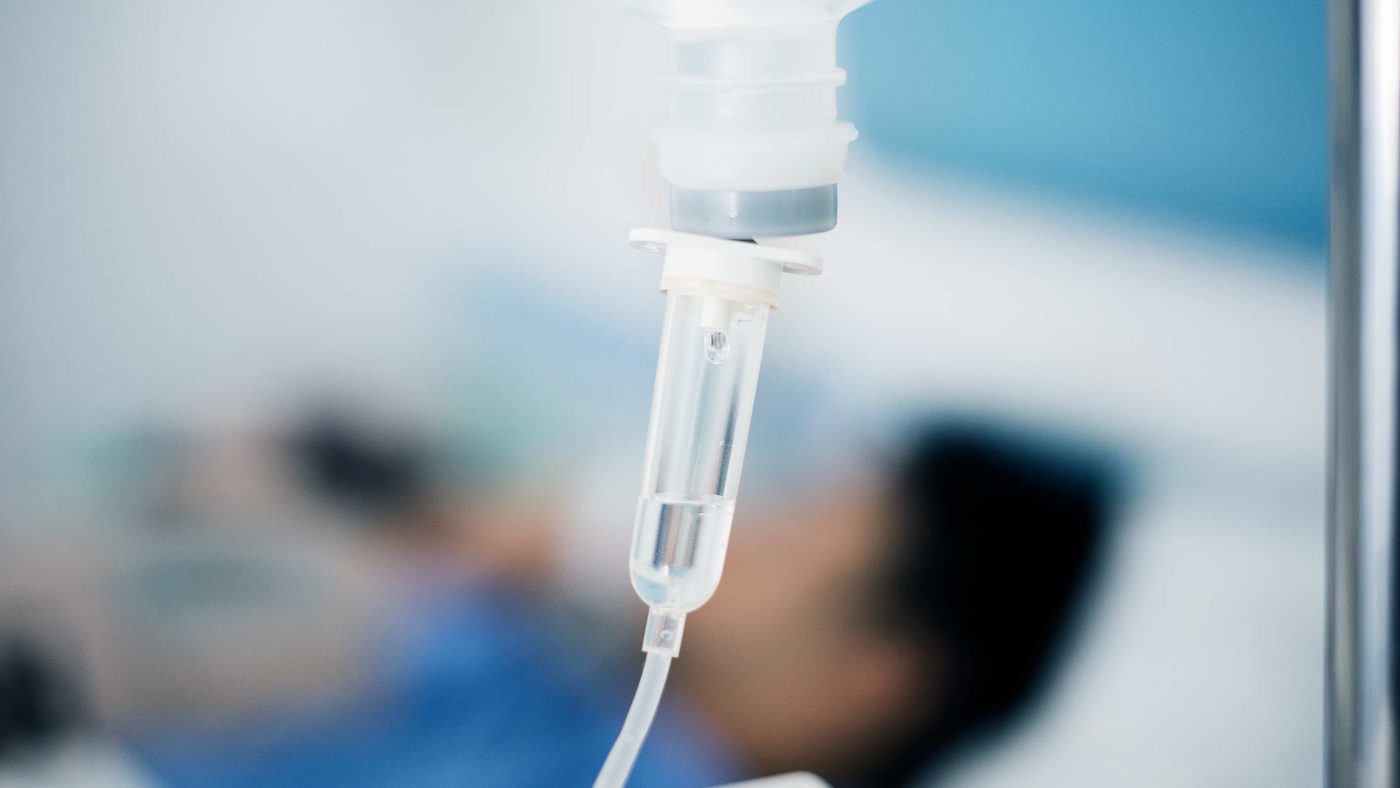The Government’s flagship health legislation has reached the House of Lords. It presents an opportunity to remedy the horrific nightmare where parents and doctors are trapped in a system that often entrenches conflicts when considering the best treatment of a critically ill child.
Such conflicts escalate to the courts, causing parents and doctors alike significant emotional trauma and costing the NHS millions of pounds a year. The remedy is my amendment ‘Dispute resolution in children’s palliative care’ – widely known as Charlie’s Law – which I have tabled to the Health and Care Bill to ensure parents are not sidelined.
I have been working with the Charlie Gard Foundation for several years to create Charlie’s Law. Its development has had the input of talented NHS professionals, world-leading medical ethicists and lawyers, and the support and leadership of several MPs in the Commons.
Connie and Chris Gard developed the principles of Charlie’s Law and the Foundation to honour their baby Charlie, who passed away from a rare genetic disorder called mitochondrial depletion syndrome. Connie and Chris wanted to take Charlie abroad for an alternative treatment – at no cost to the NHS as they fundraised the costs – but the hospital responsible for his care refused and took them to court to turn off Charlie’s life support.
What followed was nine months of expensive court proceedings that caused immense emotional trauma when Connie and Chris should have been spending what precious time they had remaining with Charlie. Over the case’s duration, Great Ormond Street Hospital (GOSH) spent a total of £205,225 and Connie and Chris spent £32,488 on legal fees.
Neither parents nor hospitals can afford the emotional and financial stress that such cases cause. Such vital money should be spent on improving patient care – more critical now as we have to cope with the pandemic and the treatment backlogs.
As a doctor specialised in palliative care and as a Peer in the House of Lords committed to championing better care, I know that these distressing legal battles are preventable – if suitable mechanisms are put in place. Now that the Health and Care Bill is being considered in detail in the Lords, I’m taking the opportunity to highlight the benefits that Charlie’s Law can provide both parents and doctors, and I’m urging the Government to enact this solution when major differences of opinion arise.
If my amendment is accepted, the Secretary of State would need to improve early access to independent mediation services, and offer swift access to second medical opinions. In the rare cases where disputes would still reach litigation, this change to the bill seeks to provide access to legal aid to ensure that families do not have to rely on outside interest groups and fundraising for costly legal representation.
The amendment would also create a new legal test of whether an alternative credible medical treatment could cause a child ‘disproportionate risk of significant harm’ when deciding whether a parent can seek that treatment for their child. A key point here is that no medical professional would ever be required to give care or treatment that they did not view as in the best interests of the child.
This amendment solves three major problems for the Government.
First, it would deliver a higher standard of palliative and end of life care for critically ill children across England, at all times of the day or night. Second, it would resolve distressing, prolonged disputes between loving parents and clinicians that benefit no one – helping to protect the bond between parents and those responsible for their child’s treatment. And finally, it will reduce the likelihood of cases such as Charlie’s escalating to the court and save hundreds of thousands of pounds on litigation fees for parents, the Government and the NHS.
I sincerely hope the Government will consider this amendment to better support parents of critically ill children and our hard-working clinicians at the NHS.
Click here to subscribe to our daily briefing – the best pieces from CapX and across the web.
CapX depends on the generosity of its readers. If you value what we do, please consider making a donation.


